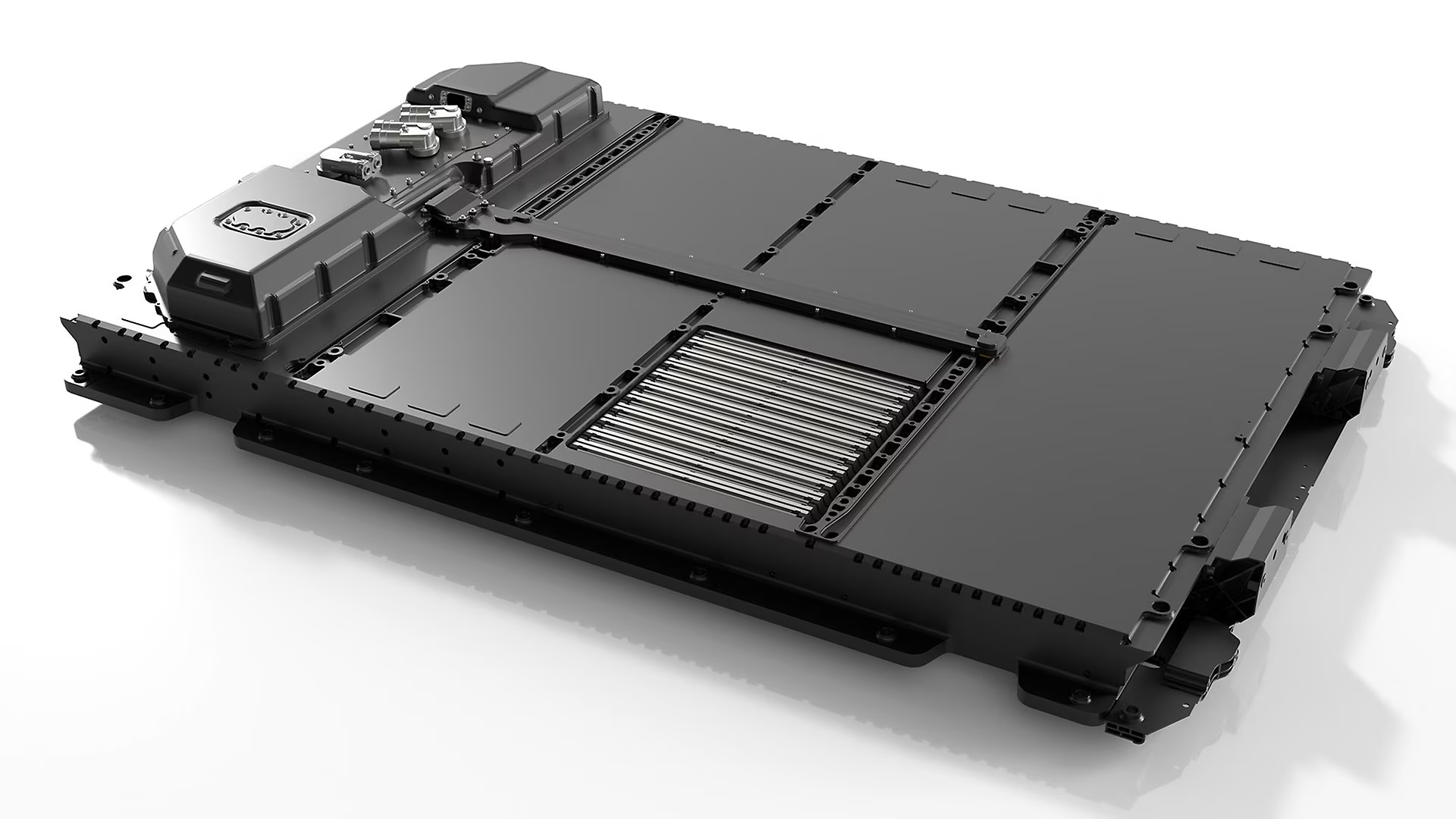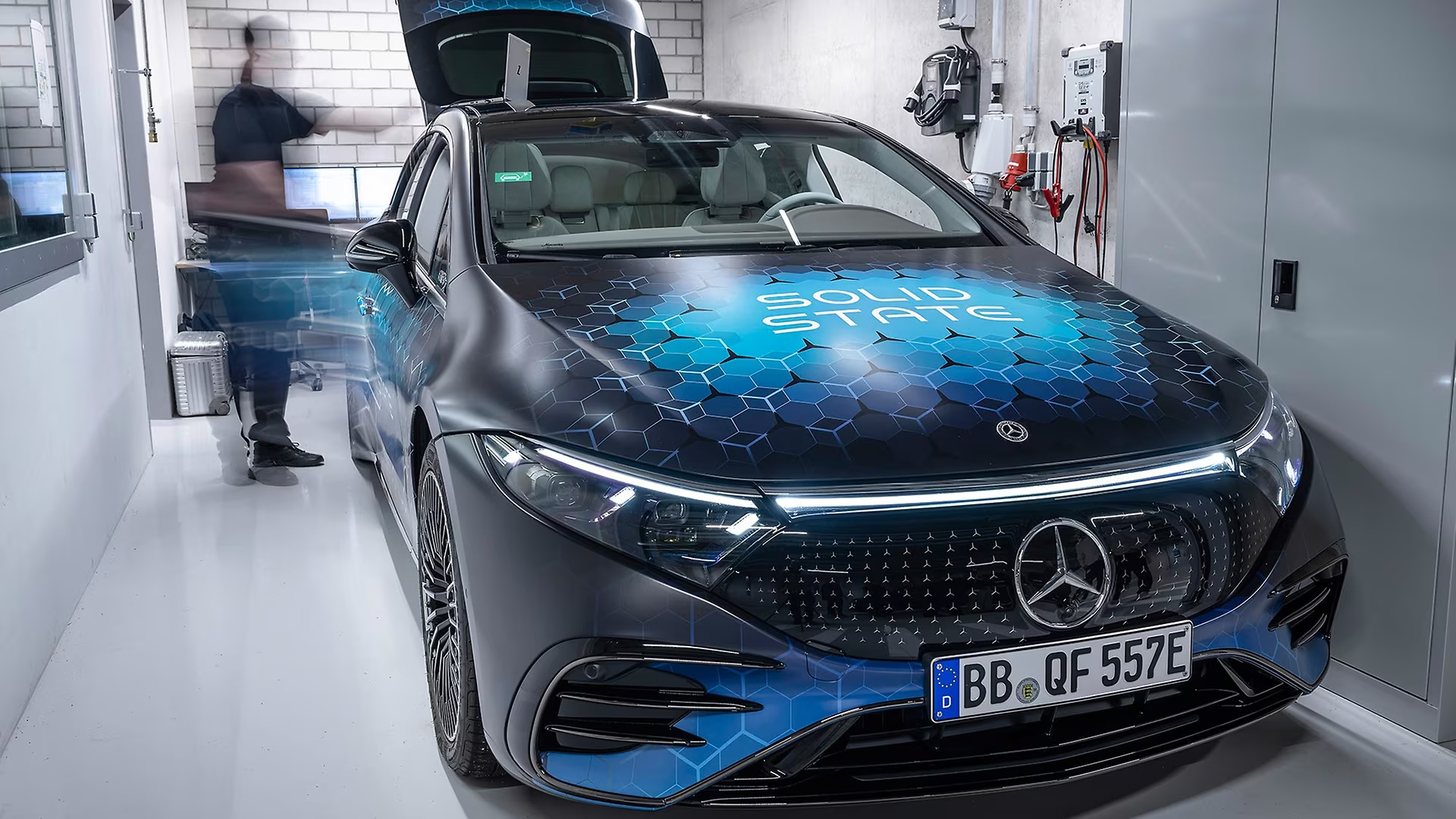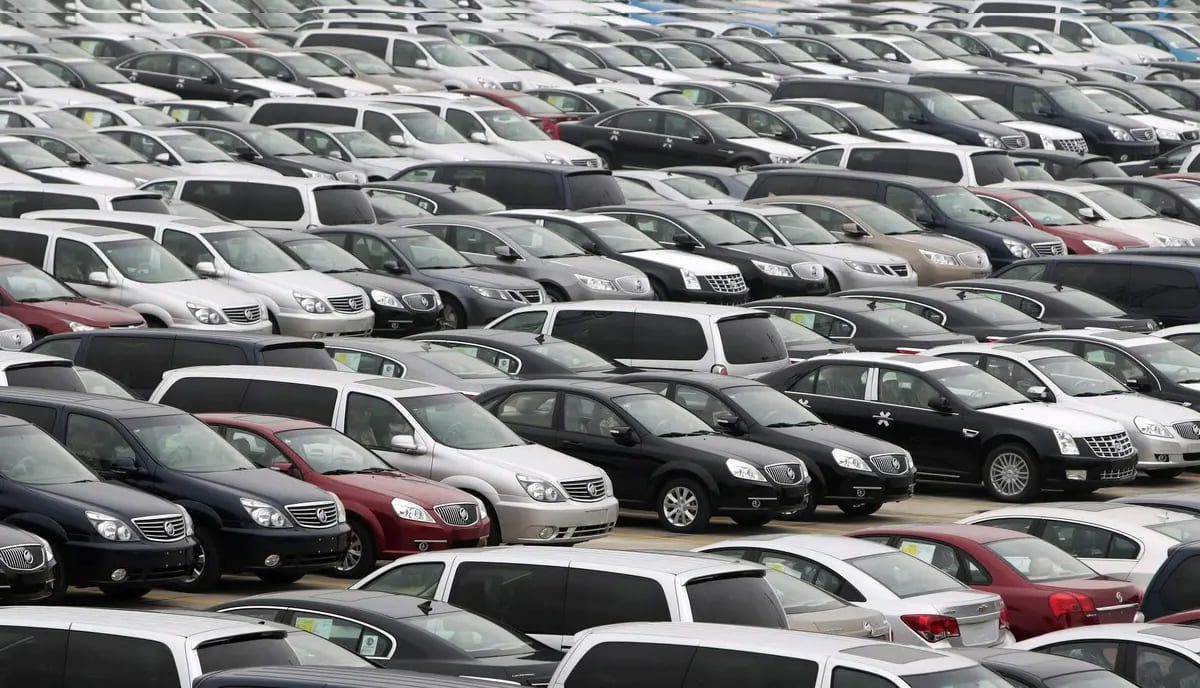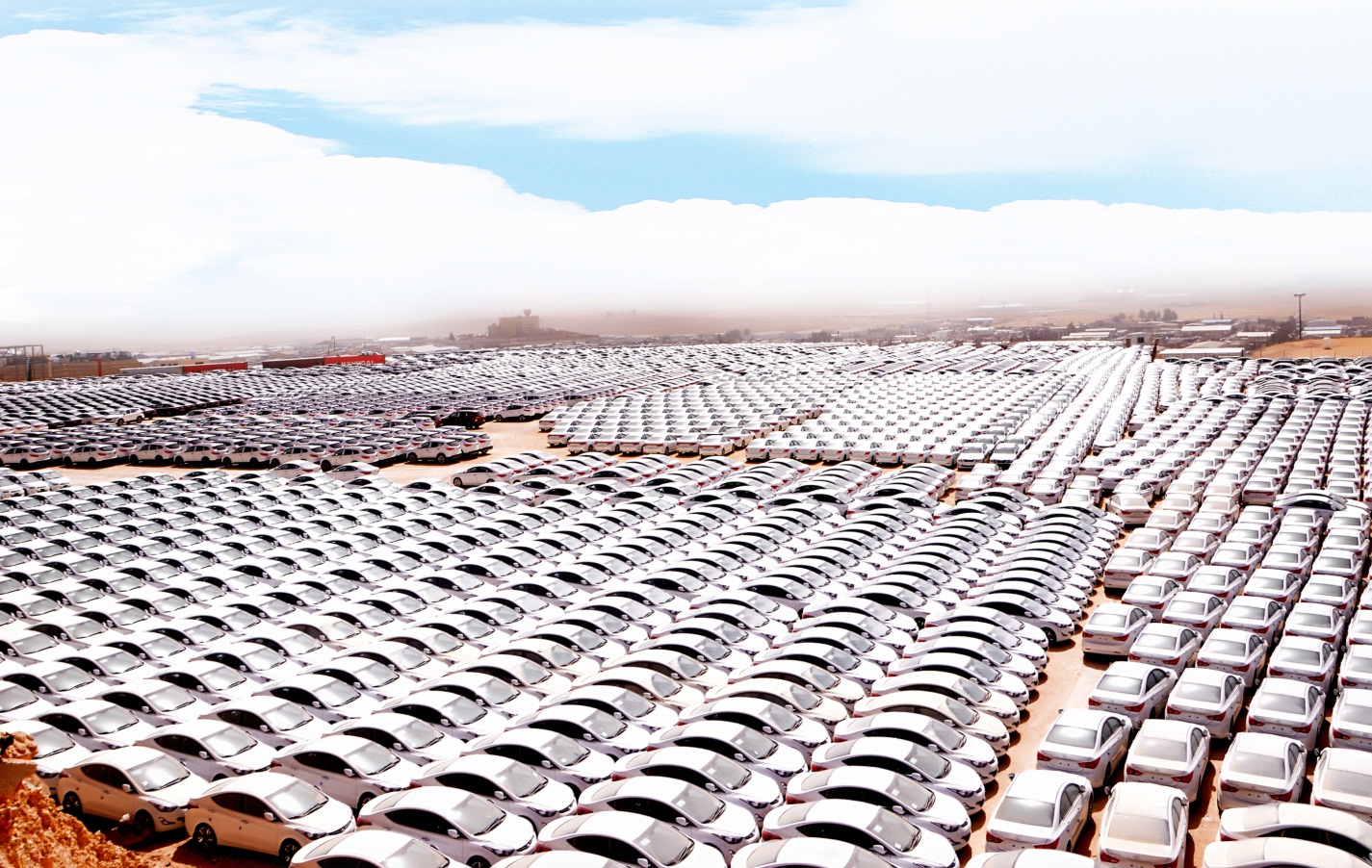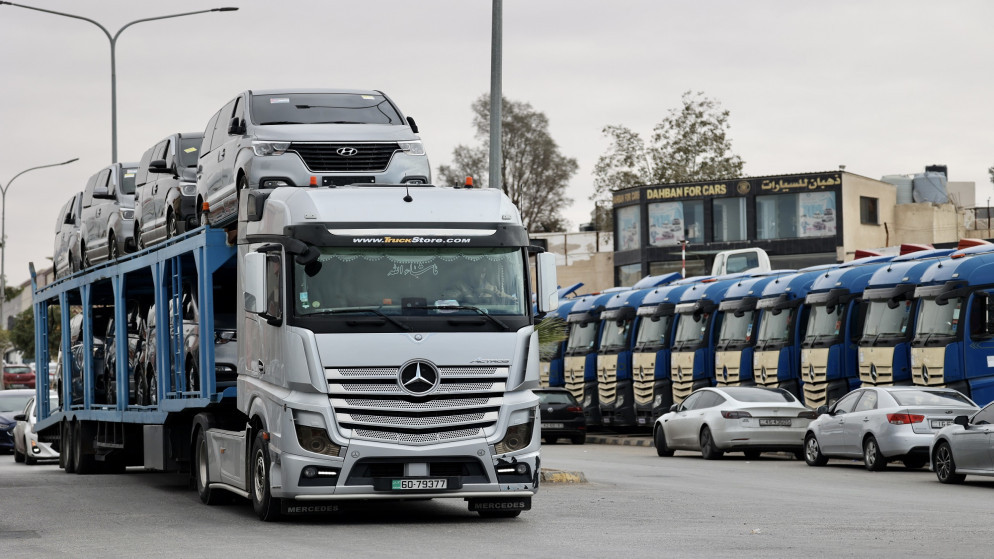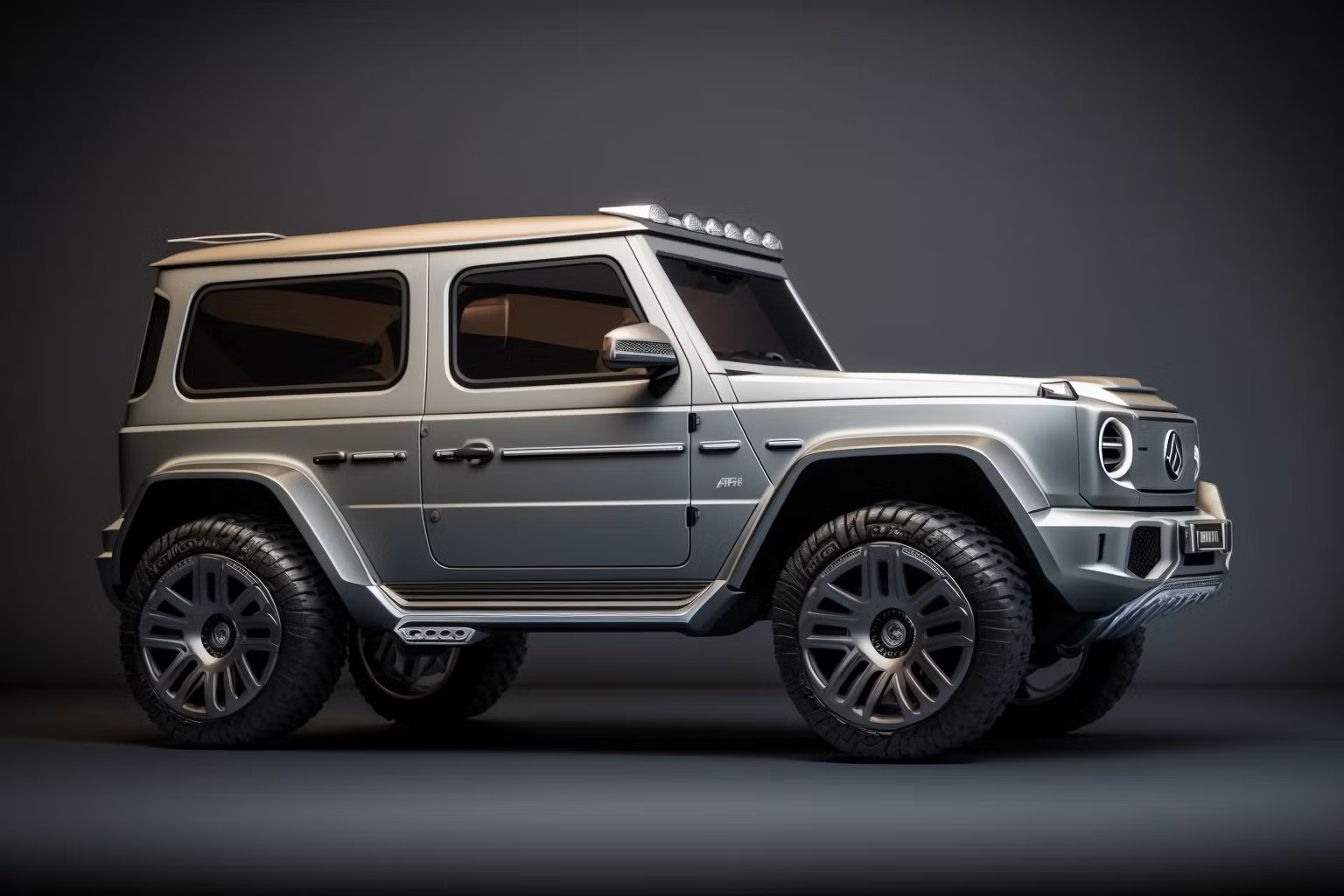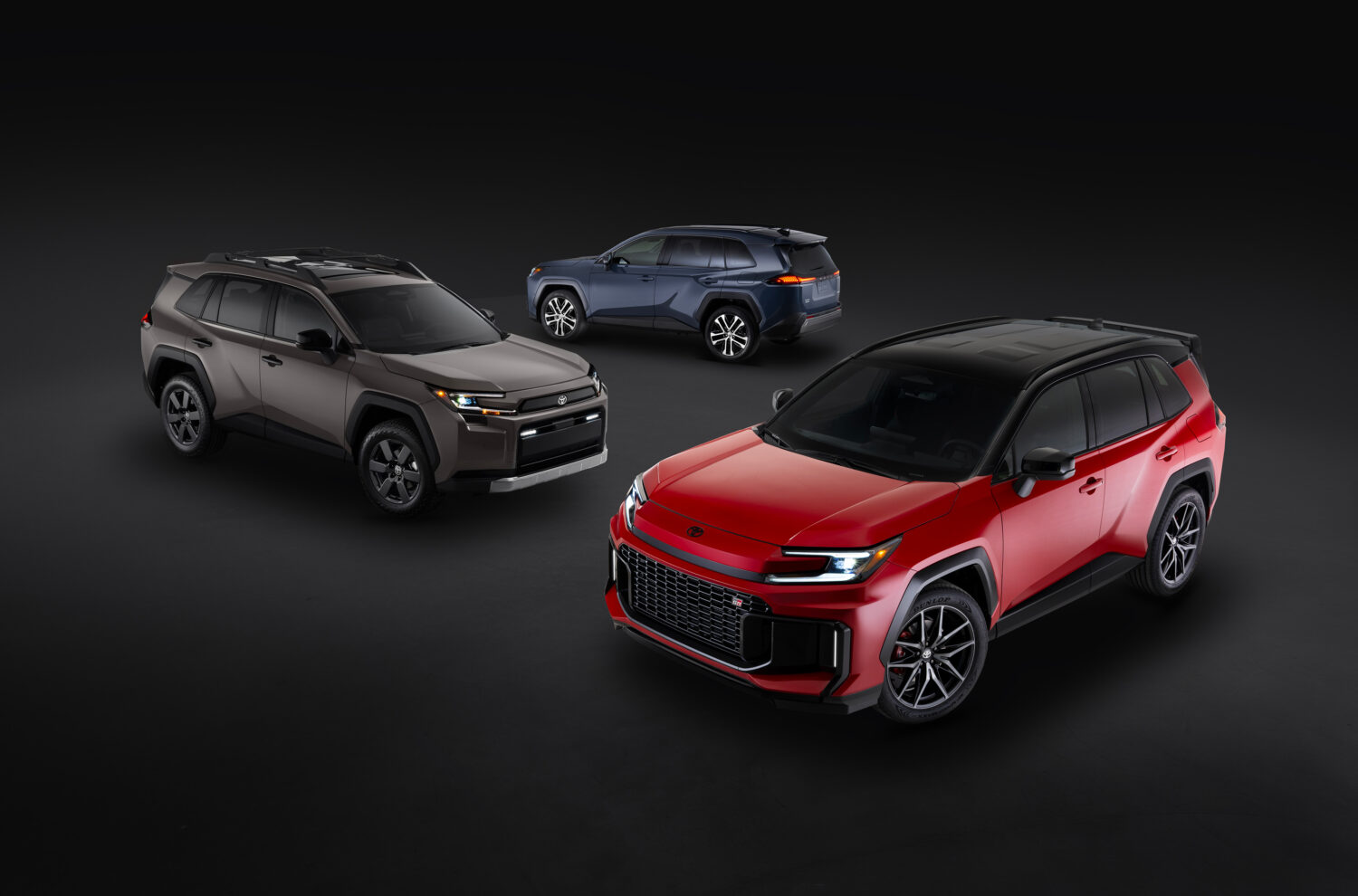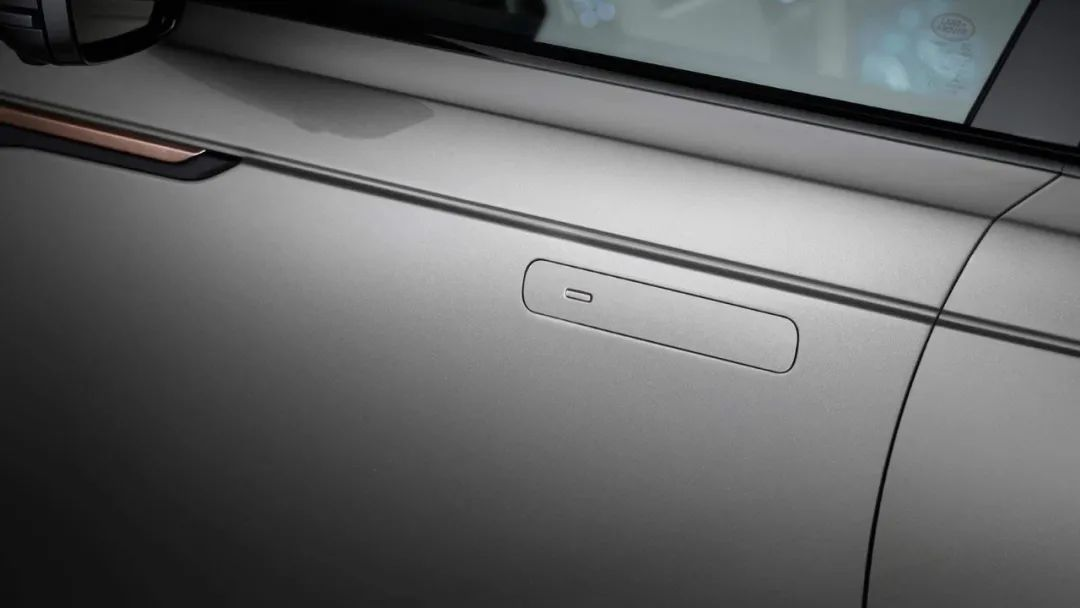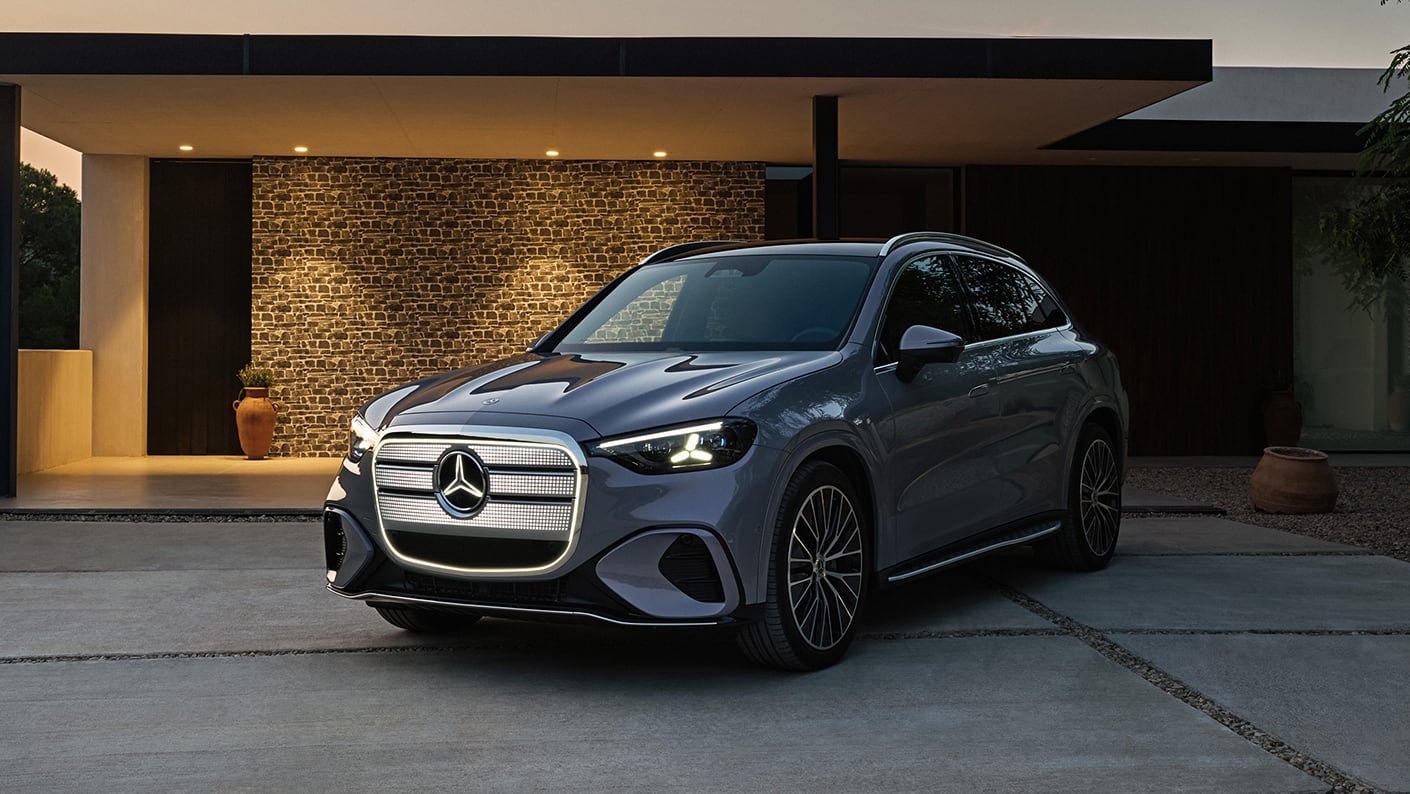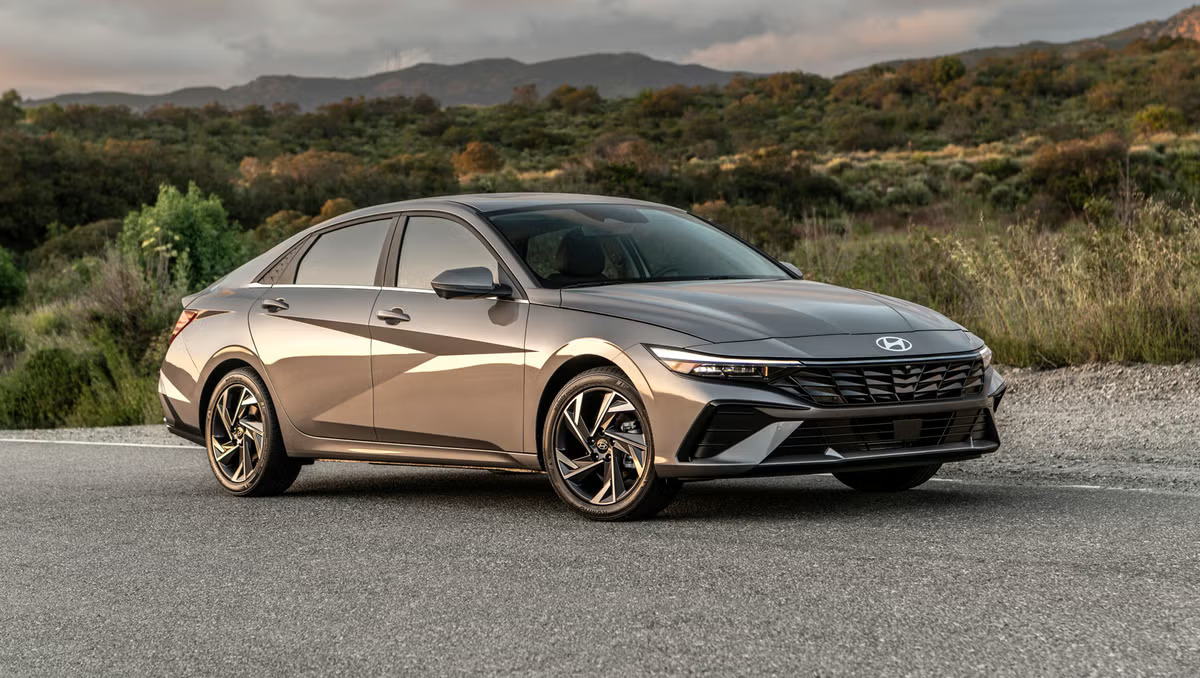Mercedes-Benz Sets a New Benchmark: Testing the World’s First Electric Vehicle with a Solid-State Battery and Over 1,000 km Range
5 months ago

In a groundbreaking move that reaffirms its leadership in the electric vehicle (EV) sector, Mercedes-Benz announced in February 2025 that it has begun on-road testing of a modified EQS electric sedan equipped with a solid-state lithium-metal battery. The test, conducted in partnership with U.S.-based Factorial Energy, marks a major milestone in automotive innovation. The battery enables the vehicle to achieve a driving range of over 1,000 kilometers (620 miles) on a single charge — a remarkable leap forward in energy and storage technology.
What Are Solid-State Batteries and Why Do They Matter?
Solid-state batteries represent the next generation of battery technology. Unlike conventional lithium-ion batteries that use a liquid electrolyte, solid-state batteries employ a solid electrolyte, offering several key advantages:
Higher energy density: The battery tested in the EQS prototype provides up to 391 Wh/kg, compared to around 300 Wh/kg in current lithium-ion batteries.
Up to 25% increase in driving range.
Enhanced safety by reducing the risk of fire or thermal leakage.
Longer lifespan with more charge cycles and minimal performance degradation.
Vehicle Testing Details and Specifications
Mercedes-Benz conducted its first road tests of the EQS equipped with a solid-state battery in February 2025. Preliminary results reveal that the vehicle can exceed 1,000 kilometers of range on a single charge — a distance no commercially available EV has achieved to date.
According to the official press release, the prototype leverages advanced passive battery cooling technology, which contributes to reduced weight and improved overall vehicle efficiency.
Strategic Partnership with Factorial Energy
The development and testing were made possible through Mercedes-Benz's partnership with Factorial Energy, a U.S. company at the forefront of solid-state battery innovation. This collaboration aims to accelerate the adoption of solid-state batteries in future Mercedes-Benz EVs, with commercial production targeted before the end of the decade.
Industry Impact and Competitive Implications
This announcement poses a direct challenge to key players in the EV market, including Tesla, BYD, and Lucid Motors. While these companies continue working on improving battery efficiency and driving range, Mercedes-Benz has taken a significant leap forward, potentially redefining the competitive landscape.
Following the announcement, Mercedes-Benz's market confidence received a notable boost, with positive reactions from analysts and experts in technology and sustainability circles.
The Future of Solid-State Batteries in Mercedes Vehicles
Although the EQS with the solid-state battery is still in the prototype phase, Mercedes-Benz has reaffirmed its commitment to integrating this technology into its production vehicles in the coming years. The company plans to launch its first commercial solid-state EVs in the second half of this decade, starting with the luxury segment and later expanding to other model lines.
With the debut of its first solid-state battery electric vehicle, Mercedes-Benz is positioning itself at the forefront of the electric mobility revolution. This achievement is not only a technological breakthrough but a bold declaration that a new era in EV performance, safety, and efficiency is on the horizon — one that could reshape global expectations for what electric vehicles can achieve.
The official source
HOMEPAGE.RELATED_ARTICLES
COMMON.SEE_ALL
